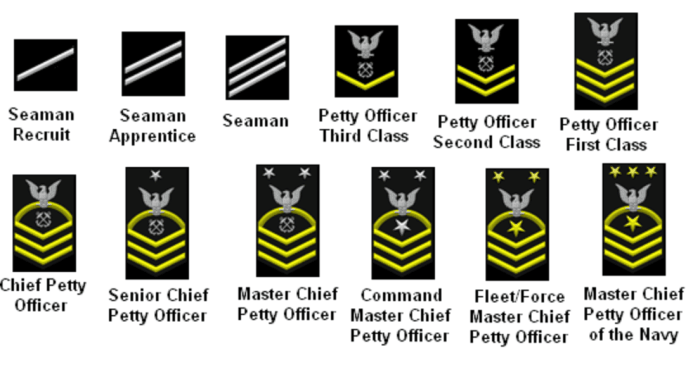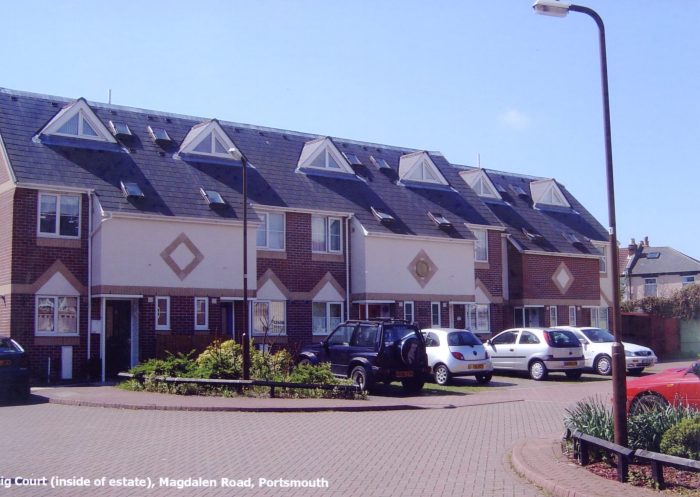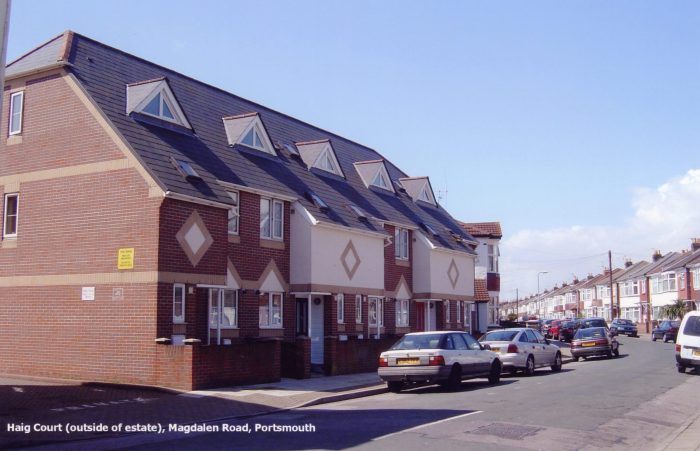CPO Doe and PO2 Smith live in base housing, a unique and multifaceted experience that offers a blend of benefits, challenges, and opportunities. This article delves into their journey, exploring the intricacies of military housing and its impact on their lives.
Living on a military installation presents a distinct set of advantages and obstacles. From the financial considerations to the social and recreational aspects, CPO Doe and PO2 Smith navigate the complexities of base housing, providing valuable insights for others considering this lifestyle.
Base Housing Residents

CPO Doe and PO2 Smith are both active-duty members of the U.S. Navy who reside in base housing at Naval Station Norfolk. CPO Doe is a Chief Petty Officer with over 20 years of service, while PO2 Smith is a Second Class Petty Officer with five years of service.
Both CPO Doe and PO2 Smith have families and have chosen to live in base housing for a variety of reasons.
There are several benefits to living in base housing. First, it is typically more affordable than living off-post. Second, base housing is located on the military installation, which makes it convenient for military members to get to work and other activities.
Third, base housing often includes amenities such as swimming pools, fitness centers, and playgrounds, which can be a great benefit for families.
However, there are also some challenges associated with living in base housing. One challenge is that base housing is often in high demand, which can make it difficult to get a unit. Another challenge is that base housing is subject to military rules and regulations, which can be more restrictive than living off-post.
CPO Doe and PO2 Smith have found that the benefits of living in base housing outweigh the challenges. They appreciate the affordability, convenience, and amenities that base housing offers. They also understand that living on a military installation comes with certain rules and regulations, and they are willing to abide by them.
Community Involvement: Cpo Doe And Po2 Smith Live In Base Housing
CPO Doe and PO2 Smith are both involved in the base community. CPO Doe is a volunteer coach for the youth soccer league, and PO2 Smith is a member of the base’s community council. Both CPO Doe and PO2 Smith believe that it is important to be involved in the community, and they encourage other military families to do the same.
There are many ways for military families to get involved in the base community. Some popular options include volunteering, joining a club or organization, or attending community events. The base community offers a variety of opportunities for military families to get involved, and there is something for everyone.
There are many benefits to community involvement for military families. Community involvement can help military families to connect with other families, make friends, and learn about the local area. It can also help military families to feel more connected to the military community and to the community at large.
Financial Considerations

The financial implications of living in base housing can be significant. On-post housing costs are typically lower than off-post housing costs, but there are also additional expenses to consider, such as utilities and maintenance. Military families should carefully consider their financial situation before deciding whether to live on or off post.
The Basic Allowance for Housing (BAH) is a monthly allowance that is paid to military members to help them cover the cost of housing. The BAH rate is based on the member’s rank, location, and dependents. The BAH rate for on-post housing is typically lower than the BAH rate for off-post housing, but it can still be a significant savings.
CPO Doe and PO2 Smith have found that living in base housing has been a good financial decision for them. They have been able to save money on housing costs, and they have also been able to take advantage of the amenities that base housing offers.
Quality of Life

The quality of life for CPO Doe and PO2 Smith in base housing has been excellent. They have access to a variety of amenities, including a swimming pool, fitness center, and playground. They also appreciate the convenience of living on the military installation, which makes it easy for them to get to work and other activities.
There are some drawbacks to living in base housing. For example, base housing can be noisy and crowded, and there can be restrictions on pets and other activities. However, CPO Doe and PO2 Smith believe that the benefits of living in base housing outweigh the drawbacks.
Transitioning to Civilian Life

Living in base housing can help CPO Doe and PO2 Smith prepare for transitioning to civilian life. They have learned how to manage a household budget, how to maintain a home, and how to be part of a community. These skills will be valuable to them when they transition to civilian life.
There are also some challenges associated with transitioning to civilian life from base housing. For example, CPO Doe and PO2 Smith may have to adjust to a lower income and to a different lifestyle. However, they are confident that they will be able to make a successful transition to civilian life.
FAQ Resource
What are the primary benefits of living in base housing?
Base housing offers several benefits, including reduced housing costs, access to on-post amenities, and a sense of community among military families.
What are some of the challenges associated with base housing?
Challenges can include limited housing options, strict rules and regulations, and potential noise or safety concerns depending on the location of the base.
How does BAH affect military families living in base housing?
BAH is a monthly allowance provided to military members to cover housing expenses. For those living in base housing, BAH can supplement their housing costs or be used for other expenses.